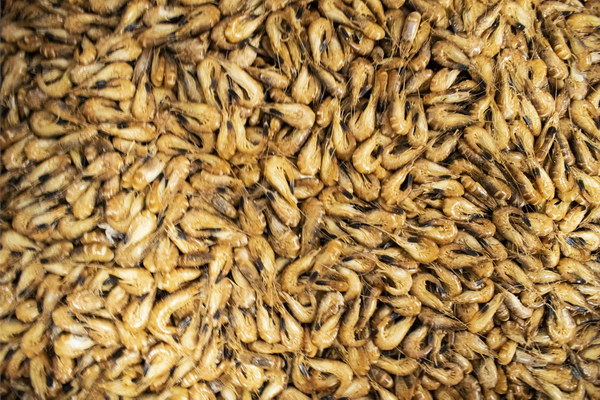Post-Nephrectomy Care Nurturing Health and Well-being After Kidney Removal
Living with one kidney can be a challenging journey, especially after the surgery. Post-nephrectomy care is crucial for maintaining overall health and well-being. This article provides valuable insights on how to take care of your body after kidney removal, ensuring a smooth recovery and a better quality of life.
1. Follow your doctor's advice
After the surgery, it is essential to follow your doctor's advice meticulously. They may recommend certain medications, dietary changes, or lifestyle adjustments to help you recover and adapt to life with one kidney. Pay close attention to their instructions and consult them if you have any concerns or questions.

2. Maintain a healthy diet
A balanced diet plays a significant role in post-nephrectomy care. Focus on consuming foods that are low in sodium, potassium, and phosphorus, as these can strain the remaining kidney. Consult a registered dietitian to create a personalized meal plan that meets your nutritional needs and supports kidney function.
Some key dietary tips include:
- Choose lean proteins such as poultry, fish, and tofu instead of red meat.
- Incorporate plenty of fruits and vegetables, but limit those that are high in potassium, such as bananas, oranges, and potatoes.
- Avoid processed foods, as they tend to be high in sodium and phosphorus.
- Stay hydrated by drinking plenty of water, but avoid drinking too much at once to prevent kidney stress.
3. Exercise regularly
Regular exercise is essential for maintaining overall health and preventing complications after kidney removal. Engage in activities that are appropriate for your fitness level, such as walking, swimming, or cycling. Aim for at least 150 minutes of moderate-intensity aerobic exercise per week, along with strength training exercises twice a week.
Exercise can help:
- Improve cardiovascular health
- Enhance bone density
- Boost your immune system
- Reduce stress and improve mental health
4. Manage stress levels
Stress can have a negative impact on your overall health and recovery process. Find ways to manage stress, such as:
- Engaging in hobbies or activities you enjoy
- Practicing mindfulness and meditation
- Seeking support from friends, family, or a support group
- Consulting a therapist or counselor if needed
5. Monitor kidney function
Regular monitoring of your kidney function is essential after kidney removal. Your doctor may recommend periodic blood and urine tests to assess your remaining kidney's health. Pay close attention to any signs of kidney dysfunction, such as changes in urine color, frequency, or volume, and report them to your healthcare provider immediately.
6. Stay informed
Educate yourself about kidney disease, nephrectomy, and post-nephrectomy care. Knowledge can empower you to make informed decisions about your health and take an active role in your recovery process.
In conclusion, taking care of your body after kidney removal is essential for maintaining a healthy and fulfilling life. By following your doctor's advice, maintaining a healthy diet, exercising regularly, managing stress levels, monitoring kidney function, and staying informed, you can ensure a smooth recovery and improve your overall well-being. Remember, you are not alone in this journey, and there are many resources available to support you.









